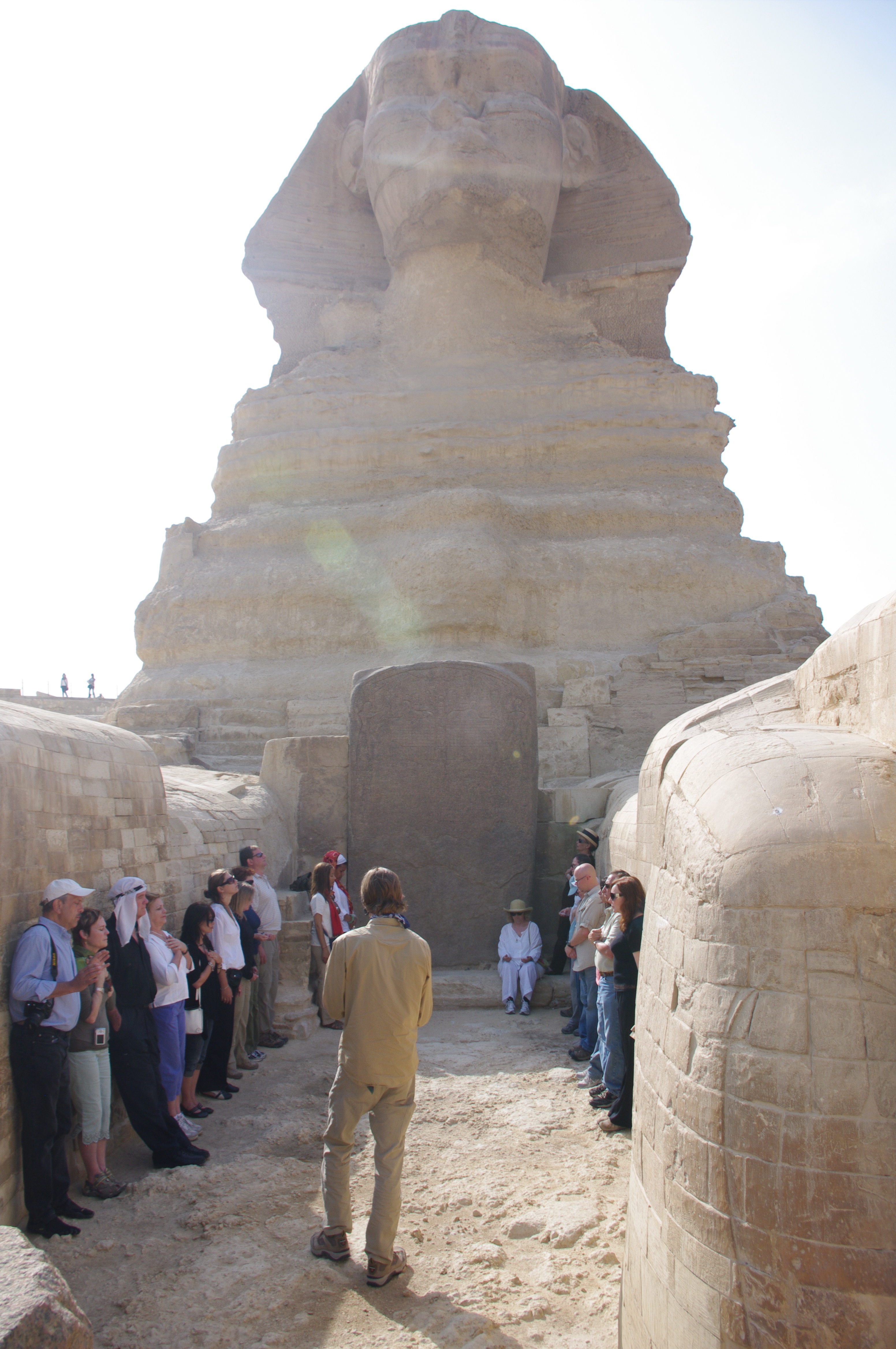Susanne van Doorn is a Dutch psychologist and blogger on http://mindfunda.com . A blog about psychology, spirituality and mythology. Aimed to make your life easier.
Each month, Mindfunda interviews authors of groundbreaking books at its YouTube channel https://www.youtube.com/channel/UC5_vx1eoXghIzKjIlc_-llA so be sure to sign up.
Member of the International Association of the Study of Dreams, presenter at international conferences about dreams and spirituality, she is author of A dreamers guide through the land of the deceased, a book based on her own research that distinguishes different types of dreams one can have while mourning. She translated A theory of dreams from Vasily Kasatkin, the world’ s only longitudinal research into the effects of dreams and health from Russian into English.
“Let’s get lost together. I know where to go”… by Susanne van Doorn
“We must go of the life we have planned so as to accept the one that is waiting for us”
– Joseph Campbell
My father was struggling for life. His temperature was so high that the juices of life dried up, except for that little tear that rolled down his cheek when he took his last breath.
My mother had not lived alone since she married my father 58 years earlier. One day she told me this dream: “I am walking with your father in the forest. It is just like the old days: we where talking, laughing and I feel so happy. But all of a sudden he chooses a different path, one that is closed off by a gate. I am left behind, feeling lost and incredibly angry. I start yelling, screaming and crying. I am so mad that he just leaves me behind. It drives me crazy that I am not able to go behind this fence in the forest. A fence that was not there before… A woman comes walking towards me, and as she approaches I see that it is his mother. She puts her arms around me and comforts me. Then I wake up…”
Getting lost is an important part of life. Waking or dreaming, I am used to getting lost. And I am not the only one. Getting lost is one of the most common dream themes. And almost all of us know its meaning: we have to change something. But always when a meaning of a dream is that obvious I get into my Peggy Lee “Is that all there is? Then let’s keep dancing” mood. I have too much respect for dreams. I do not expect them to tell me something obvious. I want them to tell me something else, to inspire me to creativity, or at least have me look at a situation from a different perspective.
When I have one of those “Is that all there is? Then let’s keep dancing” dreams I turn to mythology. It was Joseph Campbell who said: “Not all who hesitate are lost. The psyche has many secrets in reserve. And these are not disclosed unless required.”
So join me to find the the magic of getting lost. I know where to go.
Getting lost is a vital part in the hero’s journey. It is the onset of a transformation of ordinary people into heros and heroines. Remember how Odysseus spent years trying to find his way home?
King Odysseus gets his call to fight for the battle at Troy. He refuses the call. He wants to be with his wife Penelope and his newborn son Telemachus. He uses a trick to try to escape his destiny, because an oracle once told him if he went into battle, he would be away for twenty years and return a beggar.
King Odysseus became a professional in getting lost. He roamed the world for twenty years. So let’s consider him our ‘getting lost’ expert. Let’s look at my mother’s dream and see where she gets the call and refuses it, like Odysseus did.
I am walking with your father in the forest. It is just like the old days: we where talking, laughing and I feel so happy. But all of a sudden he chooses a different path, one that is closed off by a gate. I am left behind, feeling lost and incredibly angry”.
Often we are the heroes of our own life without knowing it. The call to adventure can be something you crave for, being stuck in a dead end career, or in a relationship that has lost its glow. My mother gets this call to adventure to take a different path. And she refuses.
Odysseus is one of the few heros that is allowed to go behind the fence. Behind the gates of immortality. My mother is not allowed to do that. She is not allowed to pass through the gate to follow my father on the path he has taken. She knows it. She feels it. This is also a common theme in dreams. In “A dreamers guide through the land of the deceased” a dreamer shares her dream about guiding her grandfather through several windows:
“I reach to my grandfather who lies on a bed and all of sudden a big window appears. Behind it are several other windows, all in a straight line. I know my grandfather is supposed to climb through these windows. And even though my grandfather is still afraid, he holds my hand and climbs with me through the first window. We climb several more windows and my grandfather becomes more confident. Then we approach the window that I am not allowed to pass. This feeling that I am not allowed is very, very strong. I tell my grandfather he has to go on his journey alone. He gives me a little pinch in the hand and climbs through. At that moment I wake up”
(A Dreamers guide through the Land of the deceased p. 26).
Odysseus, being the clever con-artist he is, manages to travel into the realm of death using the blood of a sacrificed animal to feed the death. He needs to be in the realm of death to find his way back home. He has to meet Tiresias, the blind seer. Tiresias was famous for his accurate foresight even though, or maybe because he was blind. He is the only one who can give Odysseus directions home.
If we offer our life energy to a worthy cause like finding our way home we are going to get help. Help from the blind seer, our intuition that often acts like Tiresias. The heart knows. A dream usually tells about that knowledge.
Remember how in my mother’s dream, help came in the form of my father’s mother? A woman comes walking towards me, and as she approaches I see that it is his mother. She puts her arms around me and comforts me. Then I wake up…”
This is her travel into the underworld. Her helper, my fathers’ mother Sophia has been gone for many years. Before he died, my father was convinced Sophia was visiting him. And now she came back to comfort my mother. To guide her on a new path. Like a hero, my mother was reluctant to answer the call to adventure. But she managed to build a new live. She started traveling again, she started to take long walks again, she became more extraverted. She made friends with neighbors and especially with the children next door. They loved to visit her, make her drawings and play while she was watching them.
Getting lost is a common dream theme. It does not mean that your current life is wrong. Or that you have been too ignorant or lazy to make a change. It is a gentle invitation to become the hero in the story of your own life. Let’s go and get lost together. Our dreams will tell us where to go.
In our next advent – Travis will share some ideas and thoughts around being “lost”… “Stay tuned” 😉









